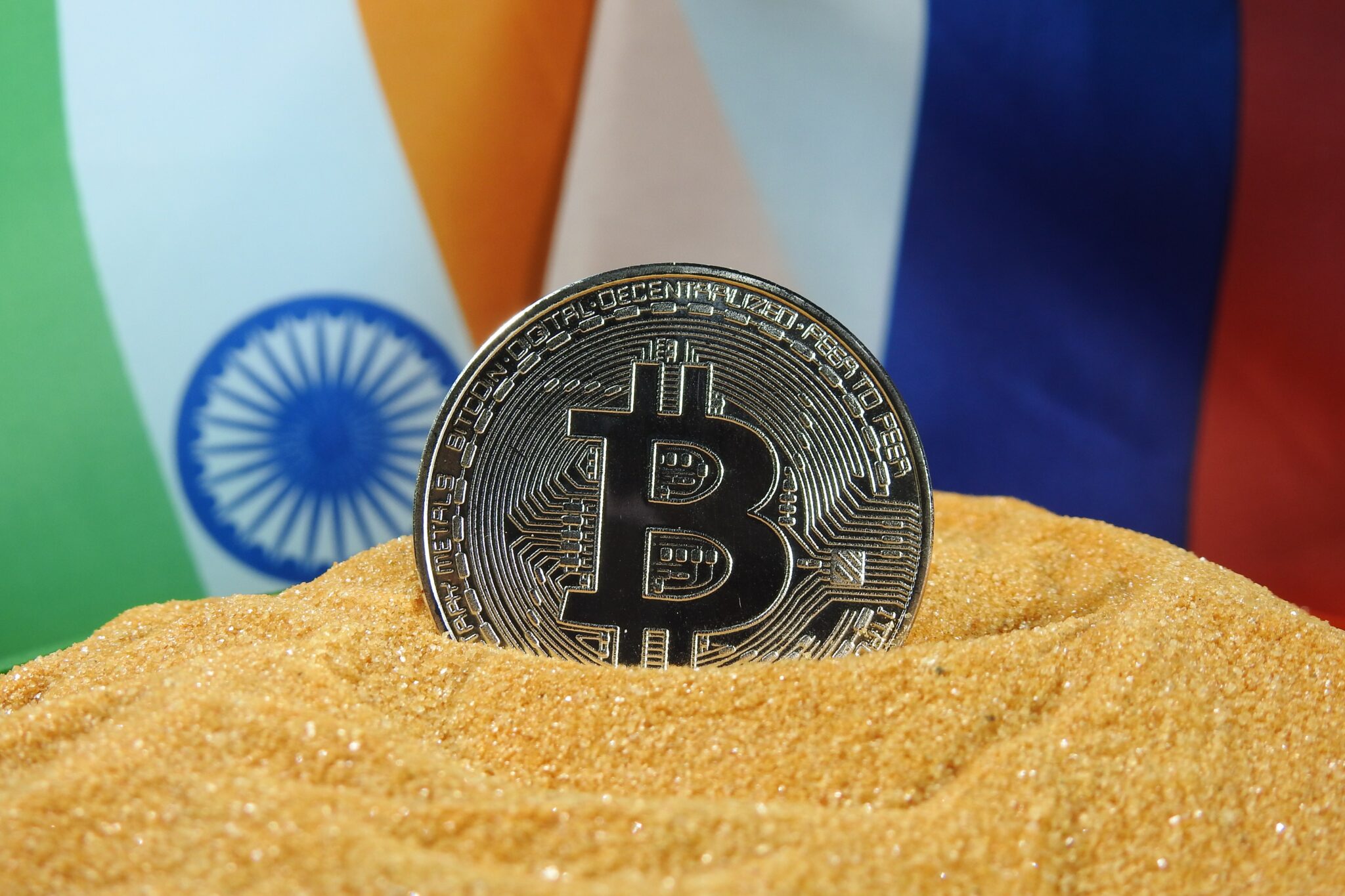Two cryptocurrency investors voice their grievances about the challenges in investing in India.
India is an attractive market to foreign investors, however, strict regulations and rules often cause barriers to such investment. Mostly, challenges in India are the same as the ones around the world, including ease of onboarding and security of funds, however, the crypto sector is finding it particularly difficult to enter the Indian market.
For example, the Indian government has taken a hardline approach to retail cryptocurrency investment. In 2018, a government panel recommended a blanket ban on all private cryptocurrencies, while punishing investors with upwards of 10 years of jail time. Later that year, cryptocurrency transactions were categorically banned.
Read more: En Crypto: Has India Missed the Cryptocurrency Bus While Catching Up with it?
In March 2020, the country’s supreme court overturned it but now there is a new bill ready to be introduced that would effectively ban Bitcoin and all private cryptocurrencies in favour of a central bank digital currency, or CBDC.
To find out the challenges that crypto retail investors face while entering the Indian market, The Tech Panda spoke to Gaurav Dahake, CEO of Bitbns, one of India’s fastest growing and largest crypto exchanges, and Edul Patel, COO of Mudrex, a platform that allows anyone to invest in algorithms created by top traders.
Mudrex is targeting India as the first market for its global crypto brokerage platform, including a cryptocurrency index and low yield-bearing crypto savings accounts, offering new ways to invest. While Bitbns specifically tailors much of its efforts to newcomers through its detailed training videos and easy to use features.
However, both companies are facing challenges.

Edul Patel
The biggest challenge in India is the constant regulatory flip-flopping. Lack of clear regulations brings this uncertainty makes it extremely difficult for companies to get funding, try out ideas and develop an ecosystem. What India needs is a regulatory sandbox and not bans
“The biggest challenge in India is the constant regulatory flip-flopping. Lack of clear regulations brings this uncertainty makes it extremely difficult for companies to get funding, try out ideas and develop an ecosystem. What India needs is a regulatory sandbox and not bans,” says Patel.
“Unfortunately, retail investors have little say when it comes to lawmaking. If the country enforces a blanket ban on Bitcoin and cryptocurrencies, then there will be a blanket ban on Bitcoin and cryptocurrencies,” says Dahake.

Gaurav Dahake
Unfortunately, retail investors have little say when it comes to lawmaking. If the country enforces a blanket ban on Bitcoin and cryptocurrencies, then there will be a blanket ban on Bitcoin and cryptocurrencies
He sees a glimmer of hope if retail investors take an interest in putting their weight behind crypto advocacy groups in the country, or organizations that have shown an interest in the fair use of cryptoassets, such as The National Association of Software and Services Companies (NASSCOM).
Patel too points out some solutions.
“India already has all the underlying capabilities to onboard seamlessly, we just need to leverage them and solve. Instant KYC, direct access to banks and credit cards to purchase, save vault-based storage, etc. are some of the things that can make life easier. Providing all of this on a beautiful mobile platform with deep liquidity solves this.
Investing in India Vs. the Global Market
Compared to crypto markets like the US, Europe, and China, India is still at a nascent stage. The daily volume of crypto transactions in India reaches around US$7.5 million on a daily basis. In comparison, South Korea transacts about US$1 billion a day, US$400 million a day in Europe and Turkey, and US$1.5 billion a day in the US.
According to Dahake, the Indian market is plagued by unclear regulations and uncertainty, which can discourage potential investors.
There is a huge undercurrent of crypto in the country but lack of clear regulations and constant fear, uncertainty, and doubt regarding taxation and legality of ownership have caused adoption to slow down
“Similar to other countries, cryptocurrency trading volume has grown dramatically in India since the start of COVID-related lockdowns in 2020. However, unlike some other countries with large markets, the near-constant uncertainty surrounding the legal status of Bitcoin and cryptocurrencies leaves many investors worried or uncertain — a feeling that is not present, to the same degree, in North America and Europe. It is a shame because, with the right (and fair) government policies in place, India could continue to see unprecedented market growth in this space,” he says.
While Patel concurs, he adds that recent Supreme Court ruling is good news.
“India is rapidly evolving. There is a huge undercurrent of crypto in the country but lack of clear regulations and constant fear, uncertainty, and doubt regarding taxation and legality of ownership have caused adoption to slow down. The recent supreme court rulings are a step in the right direction and muse such clarity will only help grow investor confidence,” he says.
No Blanket Bans Please
Dahake feels that the Indian crypto market needs a set of fair regulations for a smoother business, which means that a blanket ban on private cryptocurrencies is not a step in the right direction.
We are now in 2021, after all — it shouldn’t be that hard to draft appropriate and fair regulation for decentralized digital currencies
“Bitcoin, for example, is a distributed public ledger and, as such, is only pseudo-private, at best. Lawmakers and regulators in India should follow the lead of other countries in this regard and, perhaps, consider Bitcoin and similar cryptocurrencies as legal while clamping down on dedicated privacy coins,” he explains.
“We are now in 2021, after all — it shouldn’t be that hard to draft appropriate and fair regulation for decentralized digital currencies,” he adds.
Fighting Through
While challenges are rife for companies like Mudrex and Bitbns, they have faith in the appeal of cryptocurrencies, which is constantly attracting Indians on a daily basis.
Read more: En Cryto: India’s Rising P2P Crypto Trading Volume Poses a Stiff Competition to China
“We know that there is strong enthusiasm for digital assets in India, so we plan on continuing to work within whatever legal frameworks currently exist to provide Indian investors with the right means to gain exposure to trade and protect their digital currencies in an effort to help them reap the benefits of independent finance. We will continue to make our products as user-friendly as possible, while staying on the front-line of emerging trends, such as decentralized finance,” says Dahake.
“We are building an end-to-end crypto brokerage platform that provides seamless onboarding and options throughout the lifecycle i.e. easy of buy, security of storage, seamless investing and super fast trading. All of this in a simple App. We plan to launch an early pilot in Q1 2021 and then rapidly expand from there,” adds Patel.











